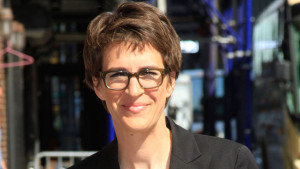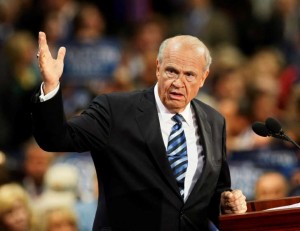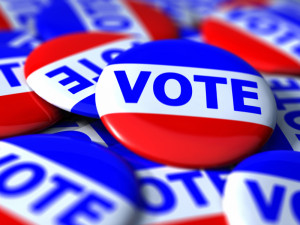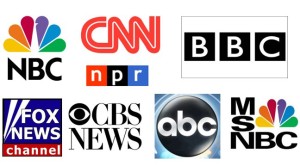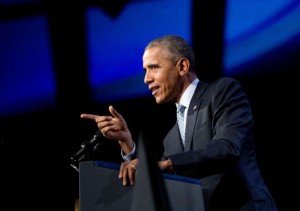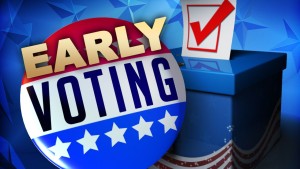This conversation occurred today between yours truly and someone I know who’s in the commercial real estate business.
I wasn’t taking notes. I did not tell the individual I would post this commentary on High Plains Blogger. So, with that I’ll protect his identity.
As has been the case with many folks I know who are involved at some level with the municipal election that’s coming up Tuesday, the question comes to me regarding the $32 million multipurpose event venue proposed for downtown Amarillo: How do you think the election is going to go?
I told my friend the same thing I’ve told others who’ve asked me the same question: I have no idea.
Then our conversation went something like this:
Me: I am not very good at predicting these things. I tend to speak more from the heart than from the head. My heart wants the MPEV to be endorsed. My head, well … it’s telling me something else might happen tomorrow.
Friend: Me, too. What do you think of the turnout for early voting?
Me: Again, I don’t know. My gut tells me that the big early vote turnout means those who otherwise might sit the election out have been motivated to vote. Who’s doing the motivating? My sense is that it’s the pro-MPEV side that’s getting the message out. They seem to have the momentum.
Aw, heck, I don’t even know what I’m talking about.
Friend: (Laughter). Yeah, you do. But you know what? I’ve learned over many years that no matter what the voters in Amarillo decide, we’re going to be all right. It’ll turn out the right way for us. We find a way to get through whatever issue of the moment is driving the discussion.
I’m not suggesting my head is predicting a defeat for the MPEV. My noggin instead is telling me to corral the heart talk, rein it in just a bit.
I’ll go with that … while still hoping that my heart has been telling me the truth all along.

